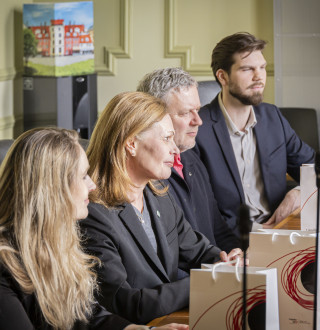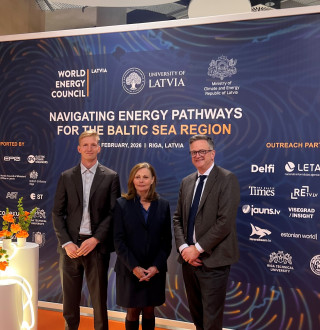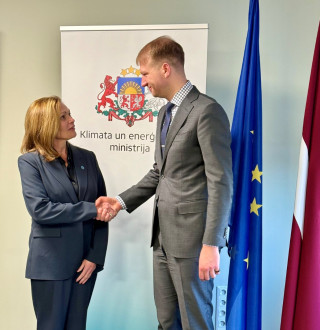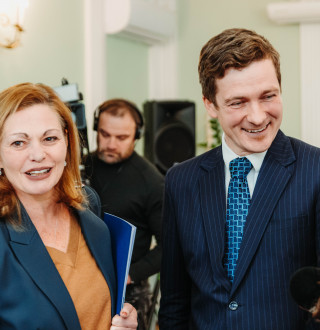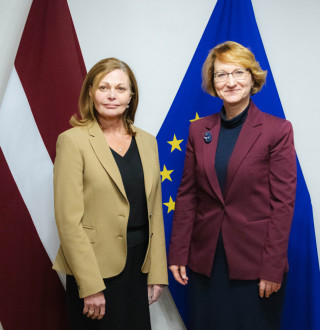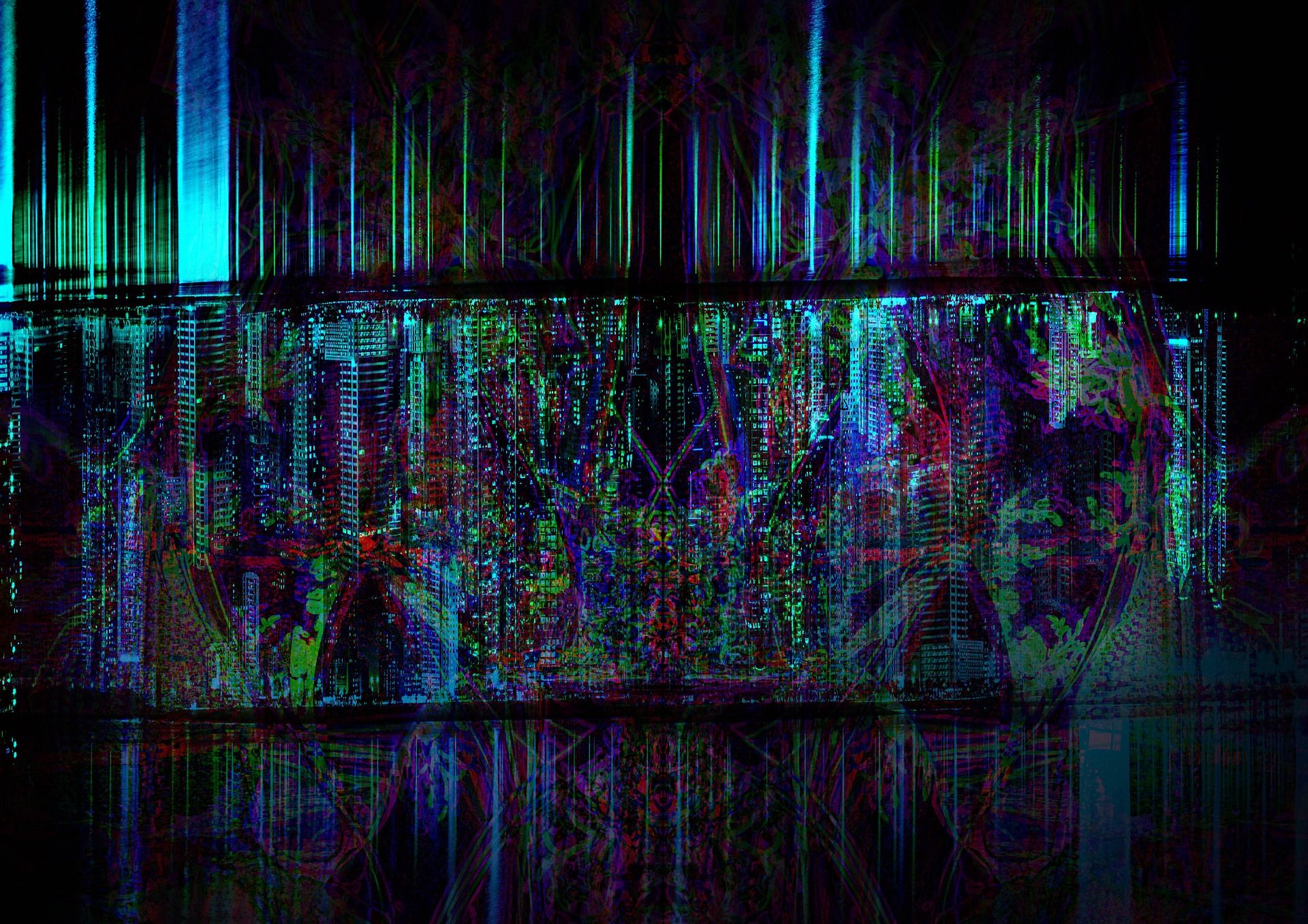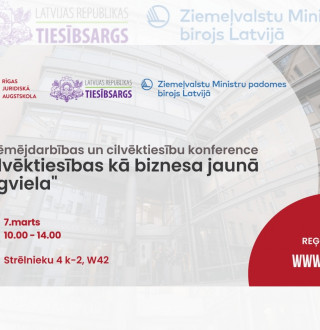Transparency International recently published its Corruption Perceptions Index, summarizing the private sector's perception of corruption in the public sector across 180 countries and territories. While Latvia’s standing has seen gradual improvement, the latest index, released by Latvian organization Transparency Society – Delna, reveals that we still trail behind some EU and OECD countries, scoring 60 out of 100. This signals a pressing concern not only for Latvia but also mirrors a global trend highlighting weakened judicial systems, decreased accountability by public officials, and the spread of corruption.
In political integrity, Latvia scores 43 out of 100 on the PRS Group’s International Country Risk Assessment. Although there’s been a modest two-point improvement from 2022, Latvia still lags behind Estonia by 24 points and Lithuania by 7 points. Denmark and Finland lead the Corruption Perceptions Index. There is a correlation between this and two other indicators that are closely monitored and managed in the Nordic countries: the Democracy Index and the level of trust. Several Nordic countries score the highest globally also in these areas.
The Nordic Council of Ministers’ Office in Latvia supports various initiatives aimed at promoting the above indicators important for stable development of the country. The Anti-Corruption Open Data Hackathon is one of such initiatives. Hackathon – a collaborative effort between Transparency Society – Delna and the Finnish and Estonian units of Transparency International – took place online on January 25 and 26. Open data is information that anyone can access, use, and share for any purpose. It allows more people to participate in the decision-making process without barriers or licenses. Governments can use open data portals to collaborate with citizens on improving efficiency, innovation, and transparency, and ultimately enhancing public services.
The hackathon gathered experts from diverse backgrounds to explore open data’s potential in combating corruption, improving governance, and uncovering systemic risks. Participants from Estonia, Finland, Germany, India, and Latvia were asked to address specific challenges that are relevant in the current geopolitical situation and domestic political processes. One idea contained a solution for identifying companies – participants in public procurement – that are involved in dealings with Russia or Belarus. Detailed insights and tools developed during the hackathon are available in a dedicated article on the website of the Society for Openness – Delna. To learn more about open data practices across Estonia, Finland, and Latvia explore the comparative analysis prepared by colleagues from these nations here.
Living in a democracy entails both rights and responsibilities, underscored by active civic participation and a commitment to uphold the rule of law. Sociologist Inta Mieriņa, speaking on the show “Brīvības bulvāris” on Latvijas Radio, shared here views on the significance of trust, responsible governance, and prosperity of the nation, drawing parallels with the Nordic model showcased in our study “Trust – The Nordic Gold”. You can read the study here. The world views and experience of the Nordics is close and understandable to us in more ways than just territorial proximity. Therefore, Nordic experience serves as an invaluable and easily available resource for Latvia, inspiring progress and facilitating inter-institutional collaboration.
